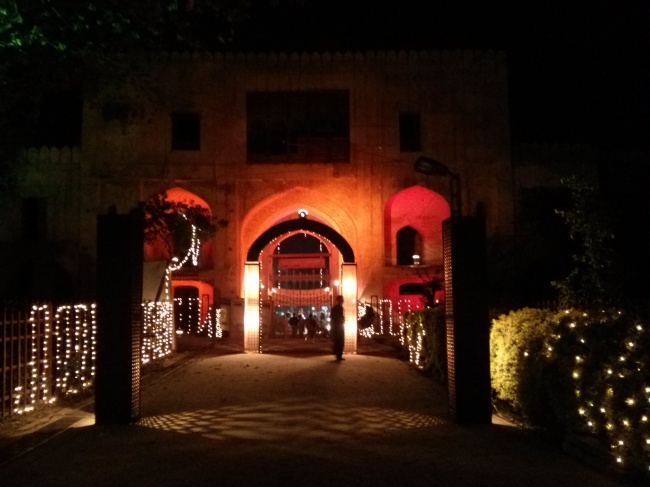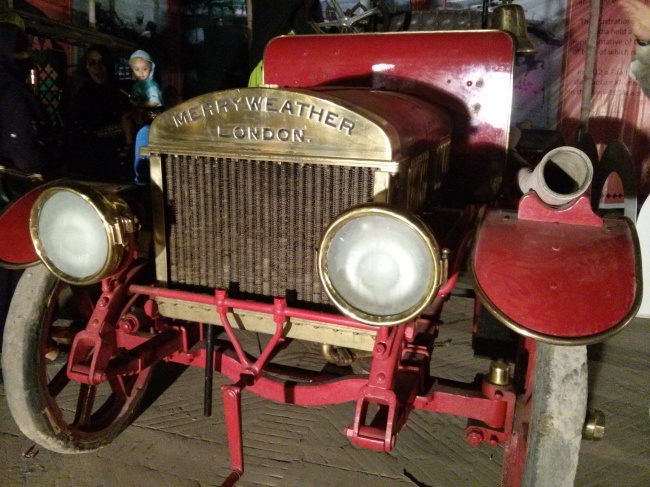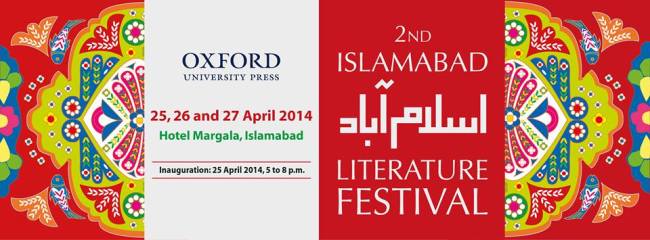
The 2nd Islamabad Literature Festival organized by Oxford University Press kicked off in the federal capital on Friday. It generated a lot of interests in not just the intellectuals and literary figures but also amateur writers and avid readers of the twin cities. Extravaganza, crowd and noise are not the words usually used with “Islamabad” in the same sentence. However, because of the Literature Festival, these words will be definitely used alongside the otherwise slow-paced capital city. The 2nd ILF was bigger than its previous version. More book writers, more book launches and more panel discussion.
ILF included over a 100 writers, intellectuals and literary figures from Pakistan, India, Bangladesh, Italy and Britain. It consisted of various panel discussions, book launches, and book and poetry reading sessions. Some of the highlights of the second day of the event are given below.
The Eloquent, Literary and (Yes) Funny Faryal Gohar:
The highlight of the event for me was the book reading session by Faryal Gohar. While working for a non-profit initiative in the heavenly Gilgit Baltistan she was able to connect with the women at an emotional level, she recalled. Her travel enabled her to converse more often with the women from this (and other impoverished) areas surrounded by killer peaks. It inspired her to write a book to be named “Darwaza”, which later she said, will be turned into a movie. She read a few passages from her book “No Space For Further Burials”. It was like a roller coaster ride. With ups and downs in the emotionally charged text, her voice trembled, exhibited pleasure and excitement, eloquently, before finally breaking down at an emotional narration in the story. Everybody in the audience was hooked-up, carefully listening to her majestically articulated words. However, later the discussion took a lighter turn. She was asked by Ritu Menon, the moderator of the session, to present mimicry of Shahbaz Sharif and Bilawal Bhutto Zardari. And she did it wonderfully, of course with a pinch of salt. Taunting The Metro Bus System and The Sindh Festival. Later on, while responding to the a question from the audience both Ritu Menon and Faryal Gohar reiterated the need to dislodge the concept that the sole purpose of a woman’s life is to get married.
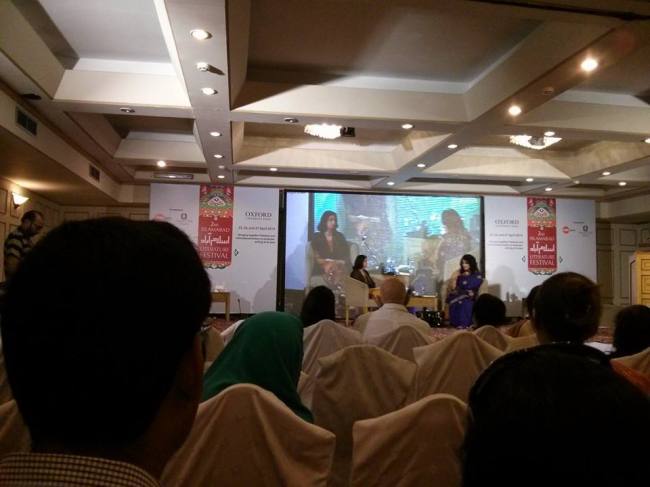
In the end, Faryal Gohar also had a go at Gordon Brown and the western media for cashing on what happened to Malala. On one such instance she recalls, when they presented the budget for building around 400 schools in the earthquake hit northern areas of Pakistan, Gordon Brown was indifferent. But now it is shameless how he is now treating Malala, from the same northern areas, like a mascot to further his political gains.
The Hollow Diplomats:
The discussion on the next chapter of Afghanistan by a panel of retired Pakistani diplomats seemed hollow and plain boring. One, there was a disconnect between the discussion and the ground realities. And two, it was uninspiring and dull. The discussion was not able to engage the audience. And Furthermore, questions raised by the audience on Taliban’s participation in the peace process, a puppet American govt. in Afghanistan, and Pakistan’s image in the streets of Kabul went unanswered. None of the panelists entertained these questions. Also, the discussion failed to address key issues like how Pakistan would deal with the potential problems American departure from the region might cause.
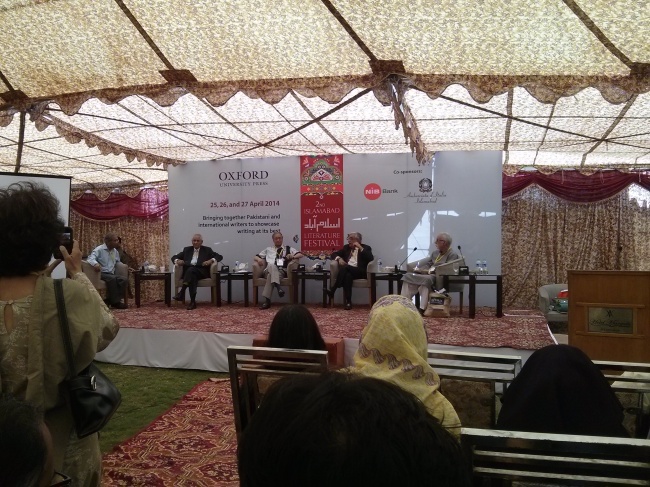
The turnout in this session was also comparatively low. Perhaps, most of the people wanted to stay indoors in the air-conditioned halls than listen to a bunch of old, overweight and suited-in-the-hot-weather diplomats dissect the many times failed Afghan policy.
The Incomplete Panel of Pashto Poets:
It was encouraging to see regional languages such as Pashto getting attention and recognized at a national stage. Even more encouraging was to see non-Pashto speakers (such as Punjabis and Sindhis) in the audience. It was heartening to see Pashto generating such interest among the people at the Literary Festival. However, disappointing was the lack of effort put into the selection of the panelists. Apart from one of the panelists, and chairman of Pashto Academy at University of Peshawar, Ms Salma Shaheen (who couldn’t make it to the event), most of the poets were unknown even to the most literary Pukhtuns in the audience. None of the mainstream Pashto poets was invited to the event. Even more bizarre was the non-availability of a moderator.
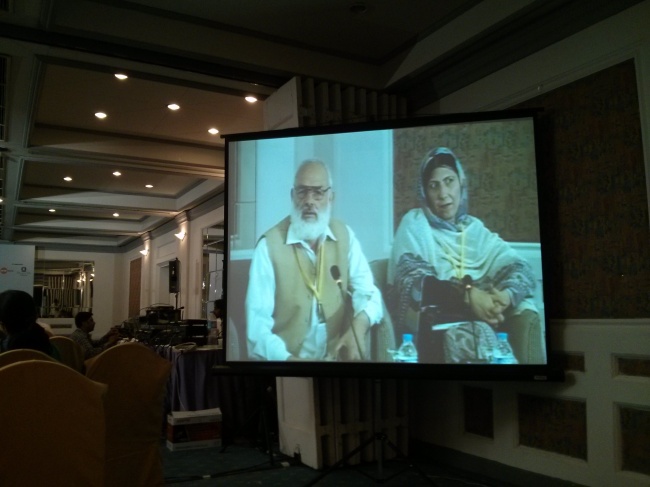
Pleasure of the audience would have found no bounds, had there been more poetry (and translation). But, it was more talk and less poetry, against the promise of more poetry and less talk. The session could not do justice to its title “Poetry from the troubled land: Pashto Poetry Reading with Translation”.
Mission Possible, Reforming State Schools in Pakistan:
Despite the fact that this session was also organized in the open, it turned out to be as good as it gets. A panel of experts on education providing solutions about how we can improve the quality (and quantity) of public education. To begin with, the moderator of the session, Baela Raza Jamil, presented some staggering figures that showed the dismal picture of public education in Pakistan. Later on, the panel stressed the need for a coordinated effort from parliamentarians, lawmakers, media outlets and the public.
One of the panelists, Faisal Bari, a faculty member at Lahore University of Management Sciences, said that unless the parliamentarians admit their kids in a public school, they will have no stakes in the improvement of that school. One interesting case in point is the parliamentarian from Faisalabad, who despite the stern opposition of his family, admitted his kids in a public school. Thus, leading him to frequently visit and transform that school. Faisal Bari further stressed that the discussion, even in the development circles, was on ‘testing’ and ‘monitoring’ and not the quality of education which needs a complete rethink.
The Book Fair:
Fortunately, literary festivals are accompanied by book fairs. This time was no different. There were around half a dozen stalls of different book publishers. And while I was standing at one of the book stalls. A salesperson came forth and gave me a card. It read, where would you prefer to attend our next book fair? The options included preferred locations in Islamabad only. However, to my endless pleasure there was an “other” option at the bottom of that card. The bookseller expected me to write a location within Islamabad. But against his expectation I wrote “Peshawar”. When he read the card, he gave me a smile. He understood why I wrote that. I have come all the way from Peshawar to attend this event. And I want such festivals to come back to my beloved city Peshawar as well.
An edited version appeared in The Friday Times on the 2nd May 2014 under the title “View From The North“
Link: http://www.thefridaytimes.com/tft/view-from-the-north/






